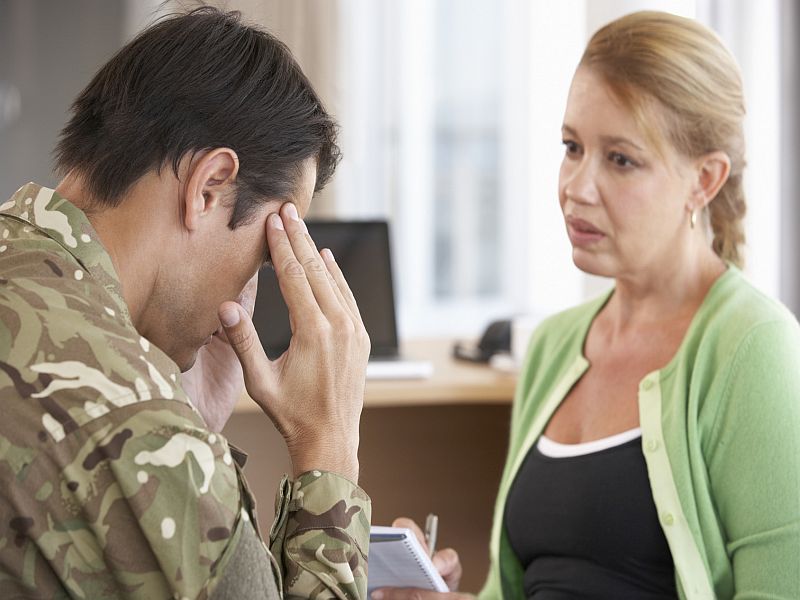
Sleep disorders are six times more likely among American military veterans than in the general population, a new study finds.
And veterans with post-traumatic stress disorder (PTSD) seem to have the highest rates, the researchers said.
The research involved more than 9.7 million veterans treated by the Veterans Health Administration system between 2000 and 2010. The majority (93 percent) of these military service members were men. Slightly more than 750,000 were diagnosed with at least one sleep disorder, the study authors said.
Over the course of 11 years, the investigators found that the rate of sleep disorders rose from less than 1 percent to nearly 6 percent. Sleep disorders were most common among veterans who had experienced combat and those with PTSD.
“Veterans with PTSD had a very high sleep disorder prevalence of 16 percent, the highest among the various health conditions or other population characteristics that we examined,” study senior author James Burch said in a news release from the American Academy of Sleep Medicine. Burch is an associate professor of epidemiology and biostatistics at the University of South Carolina.
The study doesn’t prove that PTSD triggers sleep disorders, but the researchers noted that diagnosed cases of PTSD tripled over the course of the study.
Sleep apnea was the most commonly diagnosed sleep disorder among the study participants. Sleep apnea, which causes brief pauses in breathing during sleep, accounted for 47 percent of diagnosed sleep disorders, the researchers said.
Insomnia accounted for 26 percent of diagnosed sleep disorders, the findings showed.
Veterans with other chronic health issues — including heart disease and cancer — also had higher rates of sleep disorders than other study participants, according to the report.
The findings point to a need for improved management of sleep disorders among U.S. military veterans, the researchers concluded.
The study was published in the July issue of the journal Sleep.
More information
Find out more about sleep disorders from the National Sleep Foundation.
Source: HealthDay

Leave a Reply